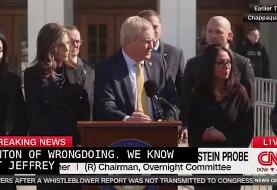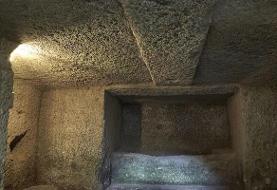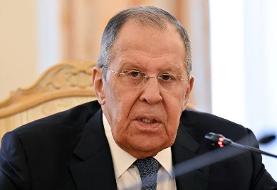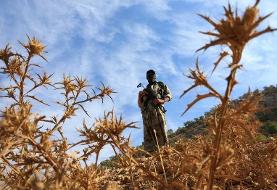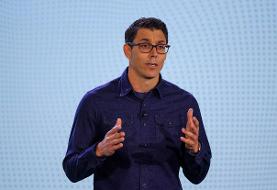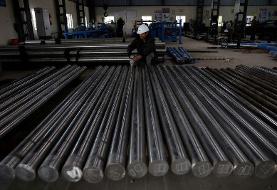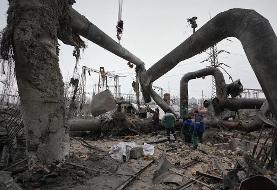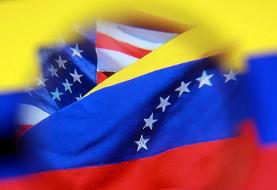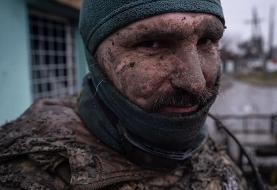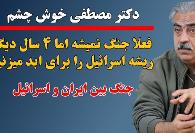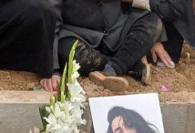Self-inflicted harm with a message: From Iranian prince in exile to poor Tunisian peddler
Recently, an exiled Iranian Prince, Alireza Pahlavi, son of former Persian King Mohammad Reza Pahlavi, committed suicide apparently after feeling helpless about positive reform in Iran or among Iranians. In Tunisia, Mohamed Bouazizi, an unemployed college graduate with children to feed, set himself on fire, and triggered the Tunisian revolution, ouster of the King and a chain of self-immolation in countries as far as Saudi Arabia and France.

Self-inflicted harm in protest to unjust, and uncorrectable conditions, has been practiced for years by oppressed and hopeless women in India and Afghanistan, receiving little coverage in the media. Even in ancient scriptures, a wife of the Hindu god Shiva, burned herself to death. In recent history, the most famous moment of self-immolation was that of Thich Quang Duc, a Buddhist monk who burned himself (pictured above) on a street in Saigon (south Vietnam) in 1963 to protest the oppression by the country's pro-American Catholic minority .
In subsequent years, tens of monks and even catholic nuns committed self-immolation in Vietnam as a peaceful and self-sacrificing protest against American war against Vietnam. It even took place in the U.S., right outside the Pentagon, when Norman Morrison, an American Quaker burned himself to death while clinging onto his child as a mark of his rejection of the Vietnam War (His child survived, and Morrison was revered in Vietnam for his purported martyrdom). Many others used the grim tactic: Czechoslovaks to protest the Soviet invasion in 1968; Kurds to protest Turkey in 1999; outlawed Falun Gong practitioners in Tiananmen Square in 2009, etc.
Self-inflicted harm as a means to fight injustice, requires a degree of self-sacrifice and courage. It doesn't harm innocent bystanders like suicide bombings and other violent means of protest. Self-immolation may not always be effective in starting meaningful "change" or achieving imminent justice, but it often lights fires in the minds of many who would otherwise be indifferent to the helplessness of others.
Some give their life seeking a more just world. The rest of can contribute in less drastic ways by spending a portion of our time and resources on the cause of justice.
Guest Blogger: Zareh
»This is a summary of the original feature in Farsi. To request a more extensive translation of the Farsi text, please contact us.


